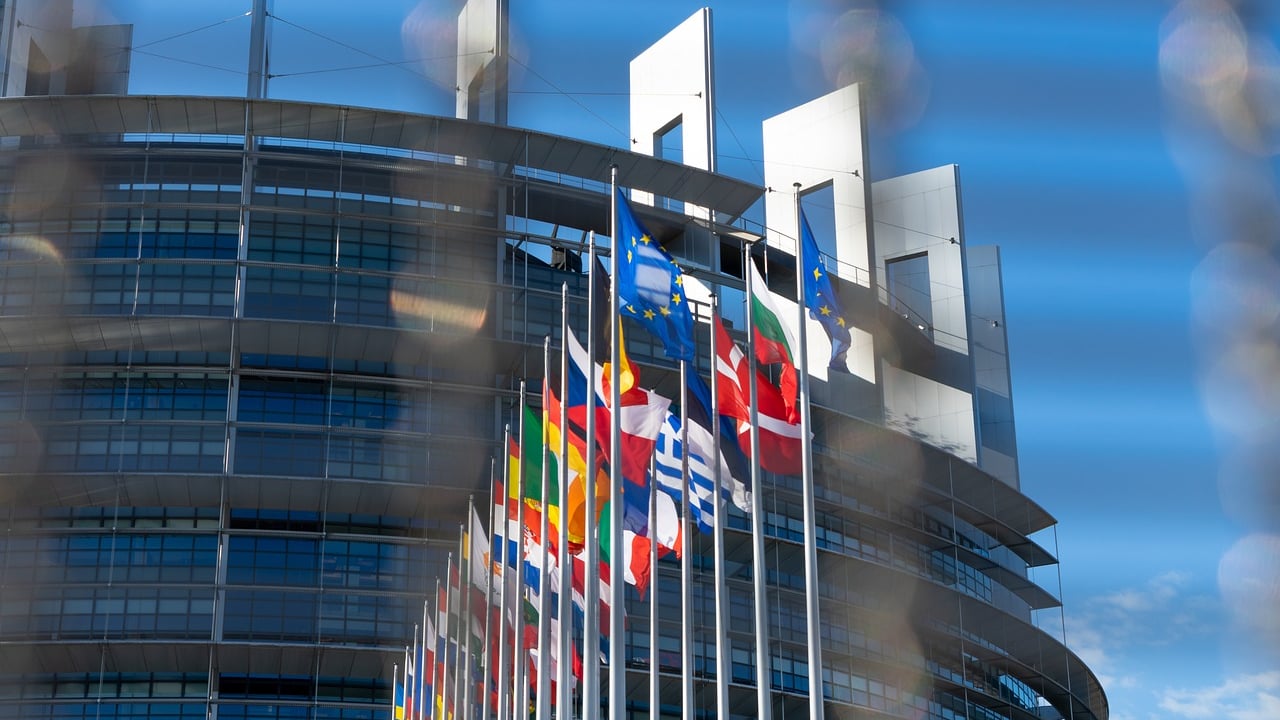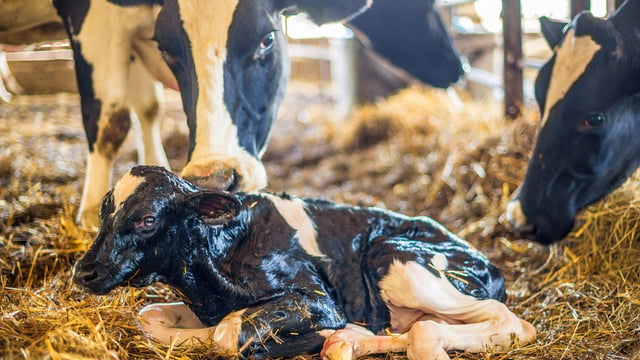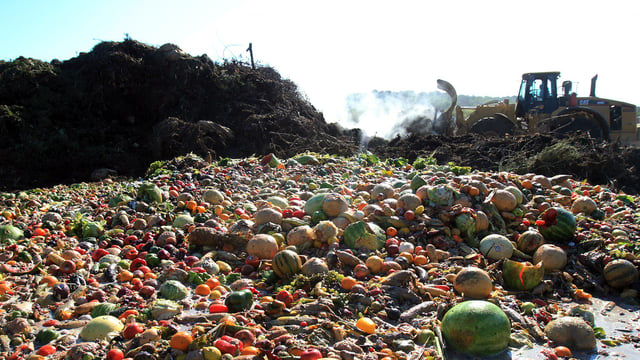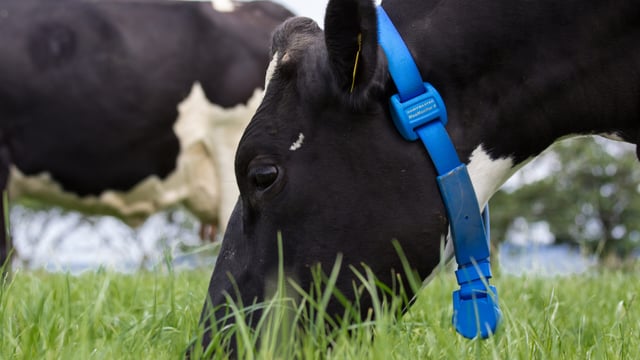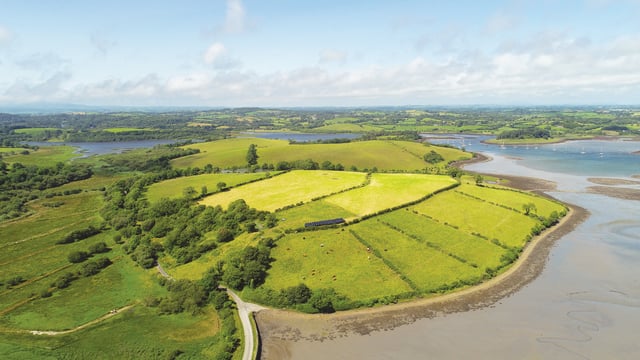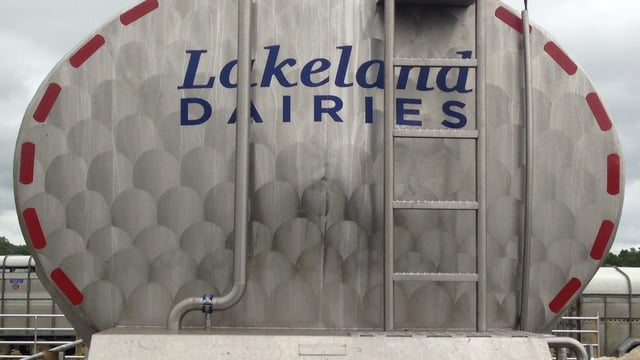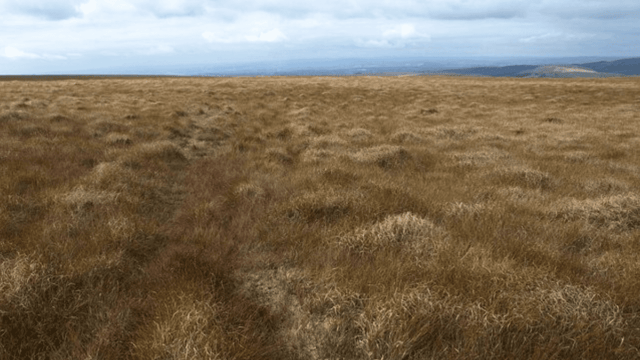Belgian presidency looks at how to ensure an EU food supply
Minister for Economy, Employment, Innovation and Agriculture in the Flemish government, Jo Brouns has said that Europe needs to be less dependent on the rest of the world in order to ensure an EU food supply.
Minister Brouns raised the concern at the Open Food Conference ongoing in Leuven, Belgium.
Today (Wednesday, March 13) marks the final day of the conference, which began on Monday, March 11.
The conference focuses on the transition towards sustainable food systems with the ambition to bring together policy, science and practice.
The minister said that by 2050, Europe will have to feed 10 billion people globally, and it will require different practices than what is being used now.
He added that in order for Europe to provide its own food for the population, it should insist on "strategic autonomy".
🚜 How to respond to farmers’ demands? And how to ensure a European food supply?
— Belgium in the EU (@BelgiuminEU) March 13, 2024
🌾These are some of the questions that are addressed during the Open Food Conference, which builds bridges between scientists, policy makers, and industries towards sustainable EU food supply. pic.twitter.com/6qggMG33dC
Director at Transfarm at KU Leuven, Wouter Merckx told Belgian Presidency that he believes Europe can feed itself if the right choices are made, but that agriculture and farmland are "under pressure".
He said multi-purpose land use, such as multiple system services and food production together on the same land is the way forward for EU food supply.
Merckx added that "sensible land management" for healthy soil is a big part of that.
Open Food Conference
The final day of the conference today will see discussions based on sustainable animal food production and sustainable food processing.
There will also be discussions on an open strategic autonomy and sustainibility of the European food system.
This will include a workshop, looking at EU steps towards strengthening its resilience in the agri-food sector.
It will reflect on the Covid-19 pandemic, the war in Ukraine, and extreme weather events.
Speakers and the audience are due to explore questions such as the socio-economic impacts of open strategic autonomy inside and outside the EU; the balance between shaping global economic governance; and reducing dependencies of the EU’s agri-food system.

